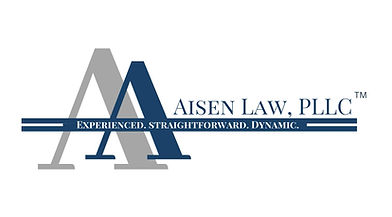The Myth of Data Privacy - Part 1: Data Privacy and Medical Offices
- aaronaisen
- Jan 11, 2023
- 2 min read
Updated: Jan 21, 2023

Everyone has heard of HIPAA. It is a law that governs how medical professionals treat our personal health information. It is not uncommon for a medical office to give us various HIPAA notices (although often we sign them without reading them). If we want our doctor to send our medical records to another person or entity, we have to give explicit permission for him/her to do that. Sometimes we live with the myth that our private data is protected in a medical context. But what if the environment of medical offices put us in the position where our personal information is disclosed, and we are the ones who do it? Let me explain.
I recently visited a doctor's office. There was a line. I was third in line and, due to COVID, we weren't standing particularly close to each other. The woman at the front of the line was speaking with the receptionist and doing intake. While they were not talking particularly loud, they did have to speak up a bit because of the plexiglass between the patient and the receptionist. Despite being the third person back, I could hear what was said very clearly. I had been checking my phone, but when I looked up and at the desk, I could clearly hear the patient at the desk give the name of her husband, his birthdate, his doctor, etc. I could also hear the information from the person in front of me. When I got to the desk, I tried to keep my voice down. But because of that plexiglass, that was easier said than done. One time when I was checking in at a doctor's office, the individual at the desk asked me very loudly, "What is your birth date?" even without plexiglass, and there are people sitting right there.
People provide all sorts of information when they check in at a medical office. Names and birthdates (for both themselves and their family members sometimes), insurance information, why they are there (potential medical conditions), etc. And we often disclose this information at the check-in desk with people standing in line behind us or sitting in the waiting room.
So, what do we do? It is difficult to avoid this situation entirely. Some of this is due to the nature of lines and waiting rooms and how doctor's offices are set up. . But there are a few things we can do. Here are a few tips:
If possible, keep your voice down (when I lowered my voice with with the individual at intake who loudly asked my birthdate, she caught on immediately and lowered her voice;
Write down or print an email or other reminder, and give it to the person at intake.
In line with #2, if your doctor's office allows you to check in online or check in at a kiosk, try using those, but still be cognizant of people in line looking over your shoulder.
Yes, this can be a bit inconvenient. But it is far less inconvenient than the alternative.




Comments